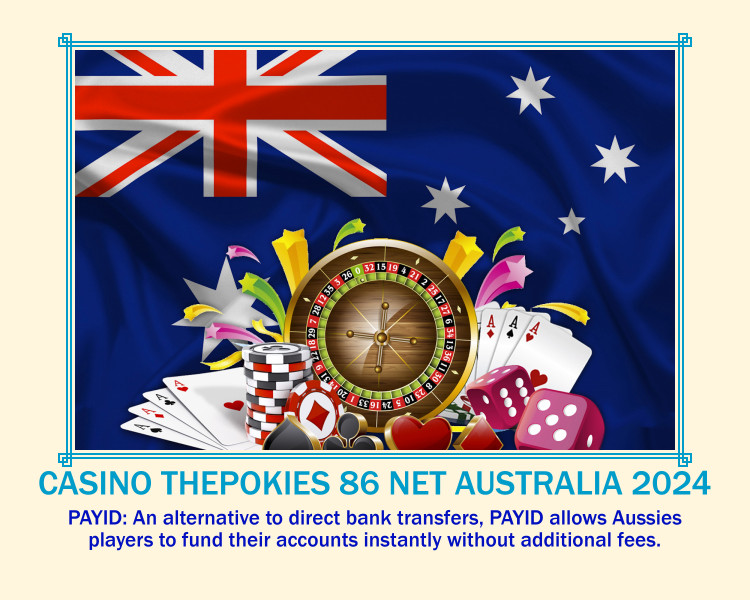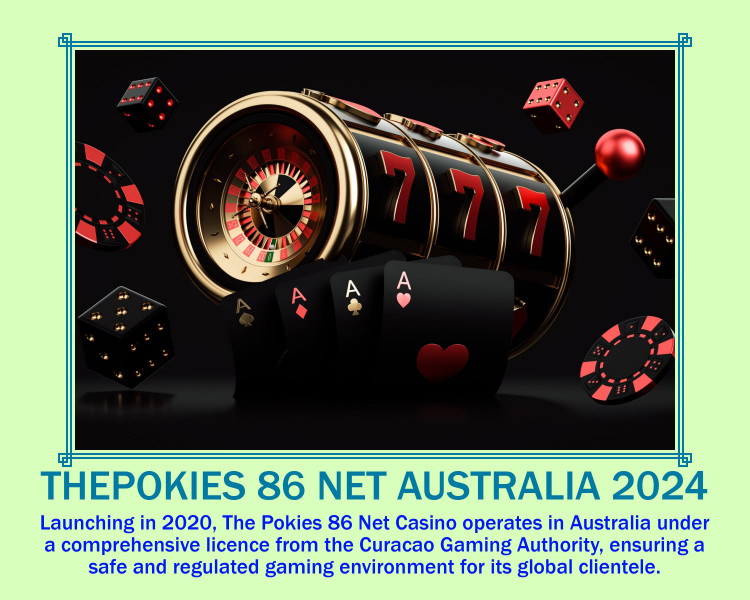In the quiet hours between midnight and dawn, when the world seems to pause and even the streetlights flicker with hesitation, millions of people across the globe log into digital spaces where chance reigns supreme. They aren’t searching for answers in philosophy books or scrolling through newsfeeds. They’re clicking “spin” on a virtual slot machine, placing a bet on a hand of blackjack, or watching a roulette ball dance around a digital wheel. This isn’t just entertainment—it’s a social ritual, one that reveals more about our values, anxieties, and desires than we might care to admit.
Welcome to the anthropological study of online casino adventures—not as a moral debate, not as a financial warning, but as a cultural phenomenon. Because behind every bet placed in the dark glow of a screen lies a story: of hope, of escape, of community, and sometimes, of quiet desperation.
Online casino fun starts with luck at
https://html5hacks.com/cards-slots-and-luck-online-casino-adventures/ and engaging gameplay.
The Digital Hearth: Where Gamblers Gather
For centuries, humans have gathered around fire, tables, or sacred objects to test fate. In ancient China, dice were cast for divination. In 18th-century France, aristocrats wagered fortunes at salons. Today, the gathering place has shifted from marble halls to mobile devices. The hearth is no longer literal—it’s algorithmic. And yet, the impulse remains the same: to connect, to challenge uncertainty, and to believe—however briefly—that luck might smile upon us.
Online casinos have become modern communal spaces, albeit ones built in code. Players don’t just engage with games; they interact with live dealers via video stream, chat with strangers in real time, and participate in global tournaments where nationality fades into the background. In this digital agora, a woman in Oslo might cheer a win alongside a man in Buenos Aires, both bonded by the shared tension of a bonus round.
Australia, a country with one of the highest per-capita gambling rates in the world, offers a particularly revealing case study. The local term “pokies”—short for poker machines—has long been embedded in Australian vernacular, symbolizing both leisure and controversy. Found in pubs, clubs, and corner stores, these machines have shaped social dynamics for decades. Now, their digital descendants thrive online, offering the same flashing lights and near-miss thrills, but with greater accessibility and anonymity.
It’s here that platforms like The pokies86 emerge not just as entertainment hubs, but as social infrastructures. They replicate the familiar rhythms of the pub pokie session while expanding the reach: a retiree in Cairns can play the same game as a student in Adelaide, both drawn by the same hypnotic blend of rhythm, sound, and anticipation.
The Illusion of Control: Design, Psychology, and the Players Mind
What makes a slot machine compelling? It’s not just the promise of winning. It’s the design—the carefully calibrated tempo of the reels, the celebratory jingles, the way a near-win (two cherries and a blank) feels like a step closer to success. These aren’t accidents. They’re the result of decades of behavioral research, embedded into the architecture of online games.
Game developers employ principles from cognitive psychology to create what researchers call “perceived agency.” Even in games of pure chance, players feel as though their choices matter—whether it’s pressing “spin” at a certain moment or selecting a bonus path. This illusion of control transforms passive gambling into an active experience, one that feels more like play than risk.
Moreover, the rise of HTML5 technology has elevated this experience. Unlike older Flash-based systems, HTML5 allows for smoother animations, responsive design across devices, and richer audio-visual feedback. This isn’t just technical progress—it’s emotional engineering. The sharper the graphics, the more immersive the sound, the deeper the player’s engagement.
Consider the narrative structure of modern video slots. Many are no longer simple grids of symbols but full-fledged stories with characters, plot twists, and unlockable levels. A game might follow a treasure hunter through ancient ruins, with each spin advancing the journey. In this context, the monetary win becomes secondary to the experience itself. The player isn’t just chasing cash—they’re chasing completion, mastery, and meaning.
This shift reflects a broader societal trend: the gamification of life. From fitness apps that reward steps with badges to work platforms that use leaderboards, we’ve grown accustomed to seeing our actions framed as part of a larger game. Online casinos, in many ways, are simply ahead of the curve.
The Social Fabric of Risk: Who Plays, and Why?
To understand online gambling, we must ask not just how people play, but who they are and what they seek. Studies from Australia’s Victorian Responsible Gambling Foundation suggest that online casino users span a wide demographic—though certain patterns emerge. Younger players, particularly men aged 18–35, are increasingly drawn to live dealer games and skill-based variants like poker. Older adults, meanwhile, often favor traditional slots, citing relaxation and routine as key motivators.
But beyond demographics, there’s a deeper social function at play. For some, online casinos serve as a form of digital companionship. A single parent working night shifts might log in not to win, but to hear a dealer’s voice, to exchange a few words in the chat, to feel less alone. In an age of rising loneliness and digital isolation, these micro-interactions matter.
Others use gambling as a coping mechanism—a way to momentarily escape financial stress, relationship strain, or mental health struggles. This darker side cannot be ignored. Research from the University of Sydney highlights the correlation between high-frequency online gambling and symptoms of anxiety and depression, particularly when losses accumulate.
Yet, labeling all players as “at risk” oversimplifies a complex reality. For many, gambling is a controlled, occasional indulgence—no more harmful than binge-watching a series or ordering takeout every Friday. The issue isn’t the activity itself, but the environment in which it occurs. When platforms prioritize profit over player well-being, when algorithms are designed to maximize “time on site” rather than enjoyment, the line between recreation and compulsion blurs.
This is where ethical design becomes crucial. Platforms like Thepokies 86 have begun implementing features such as session reminders, loss limits, and self-exclusion tools—not because regulations demand it, but because a sustainable gambling ecosystem benefits everyone. When players feel respected, they stay longer—not because they’re trapped, but because they trust the space.
Australias Paradox: A Nation at the Crossroads
Australia stands at a unique intersection. On one hand, it’s a global leader in gambling research and harm reduction. On the other, its cultural acceptance of pokies remains deeply entrenched. The country has over 200,000 electronic gaming machines—more per capita than any other nation except the United States and Singapore. In some regional clubs, pokie revenue accounts for over 80% of income.
This duality reflects a broader societal tension: the coexistence of personal freedom and collective responsibility. Australians value individual choice, but also community well-being. The debate over pokie reform isn’t just political—it’s moral, emotional, and deeply personal.
Now, as these machines migrate online, the challenges evolve. Digital platforms operate across borders, making regulation harder. A player in Melbourne can access a server in Malta with a single click. Who is responsible for enforcing limits? Who monitors advertising aimed at vulnerable groups?
It’s here that innovation must meet accountability. The future of online gambling isn’t about banning risk, but about designing it ethically. Just as social media platforms now face scrutiny for their impact on mental health, so too must online casinos be held to higher social standards.
And perhaps, in this space of tension, lies opportunity. Platforms like Thepokies 86 and The pokies 86 could pioneer new models—games that reward time played with experience points instead of just cash, or community-based challenges that emphasize fun over financial stakes. Imagine a world where the goal isn’t to win money, but to unlock stories, earn badges, or collaborate with others in mini-games.
The Human Element in a Digital Game
Online casino adventures are more than transactions. They are rituals, social acts, and reflections of who we are when no one’s watching. From the quiet spin of a slot reel to the tense silence before a dealer reveals a card, these moments reveal our relationship with chance, control, and connection.
Australia’s journey with the pokies—both physical and digital—offers a powerful lens through which to view this phenomenon. It reminds us that gambling is not inherently good or bad, but a mirror. What we see in it depends on how we design it, regulate it, and talk about it.
As technology advances, the question isn’t whether online casinos will survive, but what kind of society they will help create. Will they be spaces of exploitation, or of empowerment? Of isolation, or of connection?
The answer lies not in the code, but in the choices we make—players, designers, and policymakers alike. Because in the end, the most important bet isn’t placed on red or black. It’s the bet we make on each other.
Dilona Kiovana: Spend more time on non-gambling hobbies. See
gamblingharmsupport.sa.gov.au/ or
www.gamblingresearch.org.au/publications.








 Copyright © EOI El Ejido. Todos los derechos reservados. Desarrollada por
Copyright © EOI El Ejido. Todos los derechos reservados. Desarrollada por